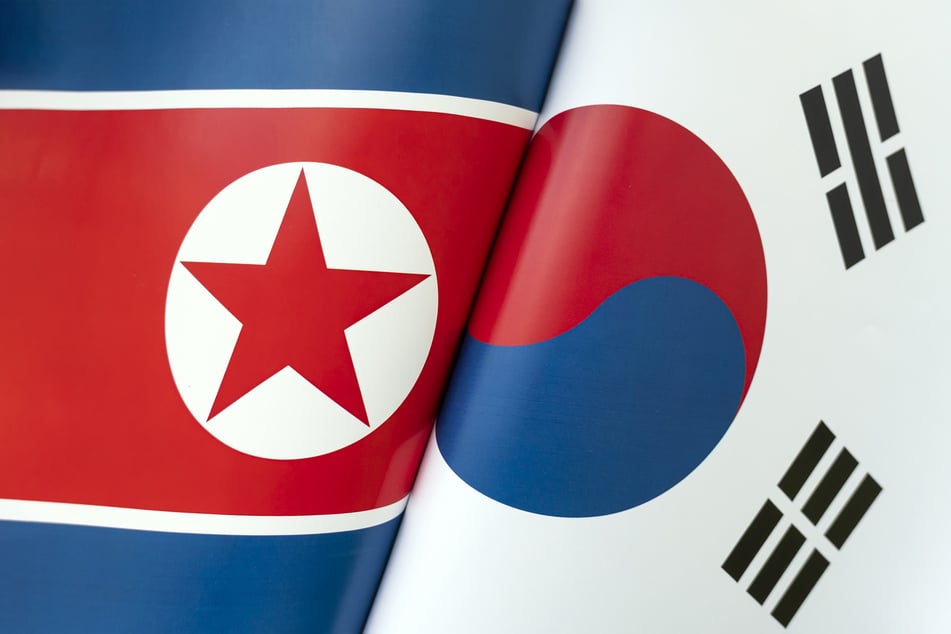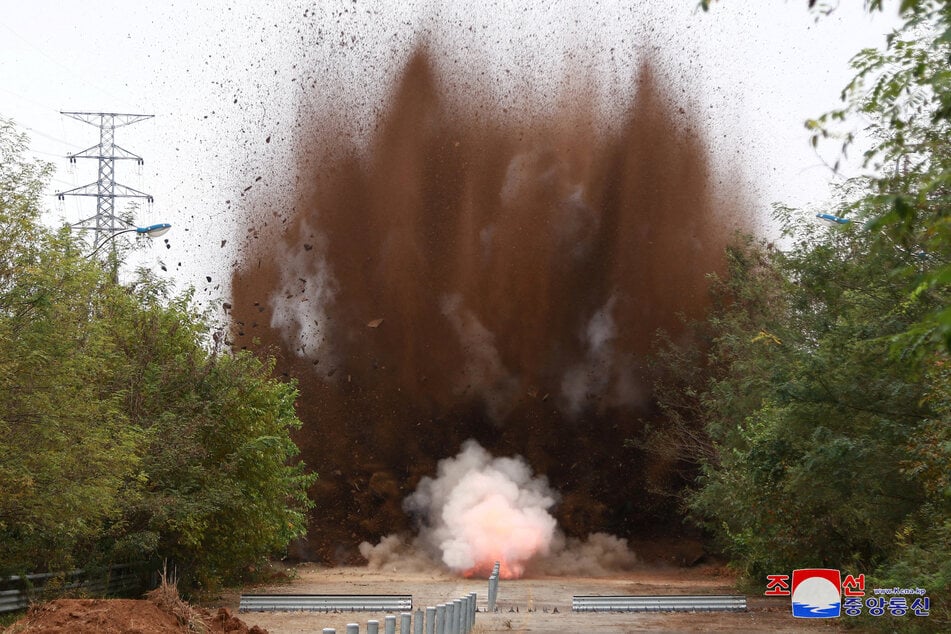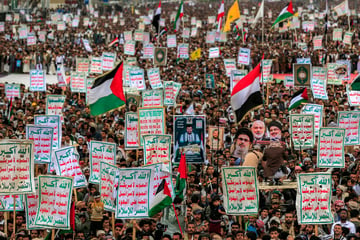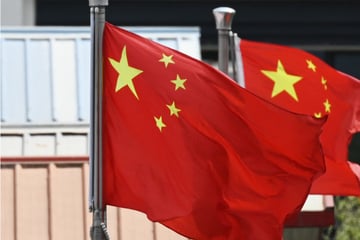North Korea seals complete break with South with major change to constitution
Pyongyang, North Korea - North Korea said Thursday that its constitution now defines the South as a "hostile" state, the first time Pyongyang has confirmed legal changes called for by leader Kim Jong-un earlier this year.

Relations between the two states are at a low point, with Kim in January defining Seoul as his country's "principal enemy" and said the North was no longer interested in reunification.
After months of laying fresh mines and ramping up security on the border, the country this week blew up roads and railways linking it to the South, calling it "an inevitable and legitimate measure", the official Korean Central News Agency said.
The move was "taken in keeping with the requirement of the DPRK Constitution, which clearly defines the ROK as a hostile state," KCNA said, the first time the North has mentioned a revision of its basic law.
The country last week held a key meeting of its rubber-stamp parliament, where experts had widely expected the constitution to be revised after Kim's explicit call for it in January.
Under a 1991 inter-Korean accord, relations between the North and South had been defined as a "special relationship" rather than state-to-state relations, part of a process aimed at eventual reunification.
South Korea's military on Tuesday released video footage of North Korean soldiers dynamiting roads and railways connecting the two Koreas, days after Pyongyang's military had vowed to "permanently" seal the border with the South.
KCNA said move was "part of the phased complete separation of (North Korea's) territory, where its sovereignty is exercised, from the ROK's territory."
North Korea said that sections of the key inter-Korean roads and railways had "been completely blocked through blasting."
North and South exchange tit-for-tat provocations

South Korea's defense ministry dismissed the idea that the move was a "legitimate" measure as a "one-sided assertion" from Pyongyang.
North Korea also recently accused Seoul of using drones to drop anti-regime propaganda leaflets on the capital Pyongyang, with Kim convening a security meeting to direct a plan of "immediate military action" in response, state media reported Tuesday.
Seoul's military initially denied sending drones north but then declined to comment, even as Pyongyang has warned it would consider it "a declaration of war" if another drone was detected.
Activist groups in the South have long sent propaganda northwards, typically carried by balloons, but some have also flown small, hard-to-detect drones into the North.
The Pyongyang regime has been bombarding the South with trash-carrying balloons since May, in retaliation for the activists' propaganda missives.
Cover photo: IMAGO / Depositphotos

